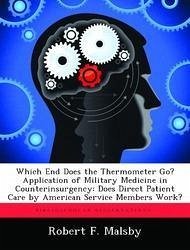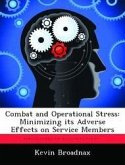Counterinsurgency is the most common conflict that America engages in. From the Mexican-American War to the Philippine Insurrection and small wars of the early 1900s, the U.S. Army Medical Department (AMEDD) focused on sanitation, hygiene programs and infrastructure engineering to help alienate insurgents and bolster the local government's claims of legitimacy. Such programs provided continuity and a unity of effort that was consistent with counterinsurgent principles. Vietnam was the first concerted effort to use direct patient care to aid a counterinsurgency. These programs, irrespective of the name or acronym, placed uniformed U.S. medical personnel into the rural countryside to provide direct care to the indigenous population. From their inception in 1962 to current operations in Afghanistan these activities were lauded as "legitimate." Unfortunately, when these programs are evaluated with measures of effectiveness that are in keeping with the principles of counterinsurgency they are shown invalid and a detriment to such operations. In the absence of clear guidance or doctrine altruism circumvented pragmatism with hundreds of millions of dollars expended. U.S. planners attempted no significant change in this concept which persisted with as much vigor during the first five years of the Afghanistan campaign as during Vietnam.
Bitte wählen Sie Ihr Anliegen aus.
Rechnungen
Retourenschein anfordern
Bestellstatus
Storno








